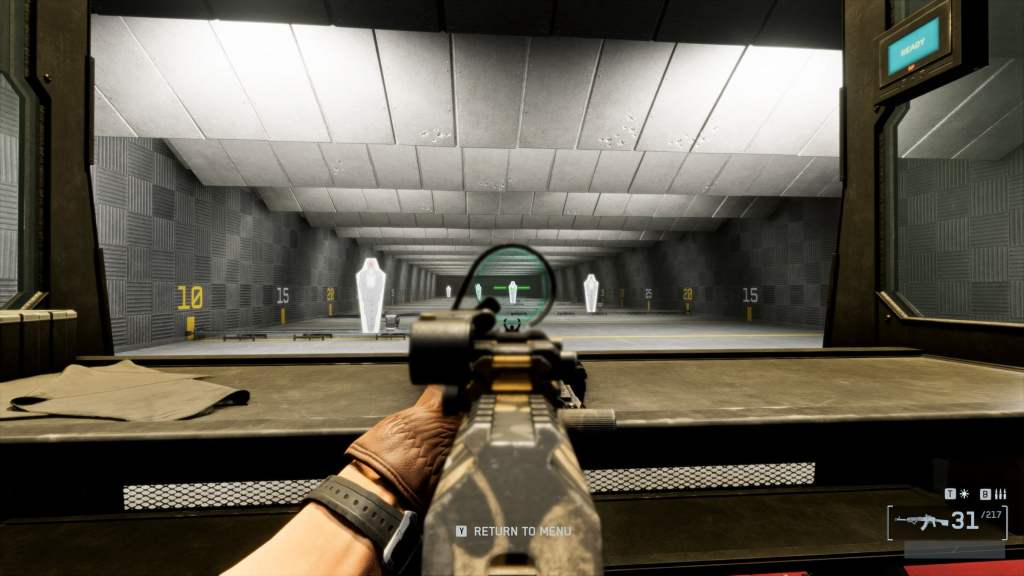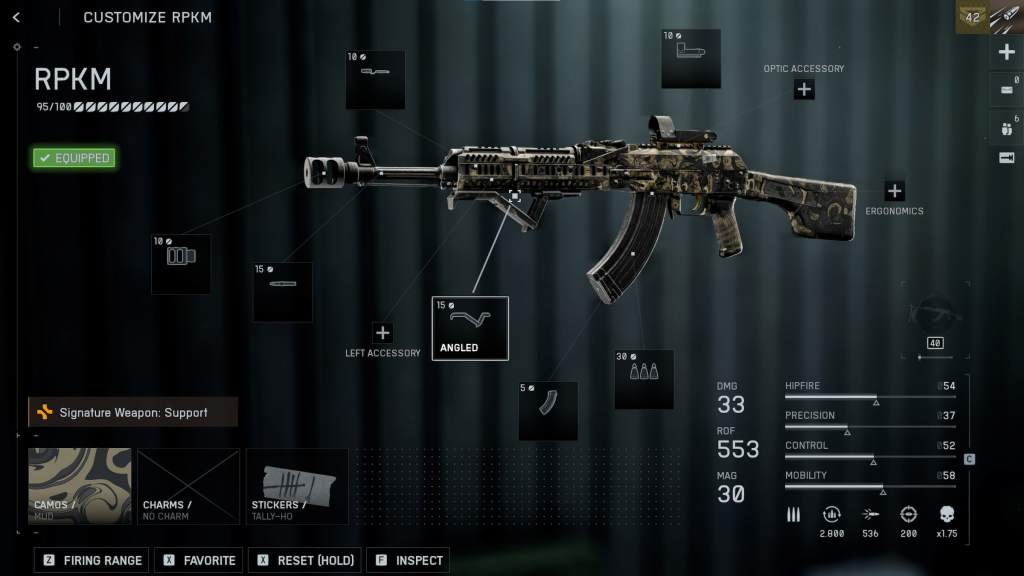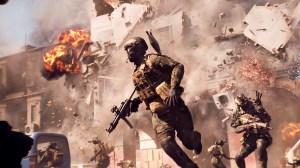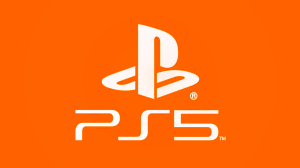When it comes to Battlefield, players have always been divided on what the “perfect balance” looks like between chaos and control, accessibility and mastery, fun and frustration. But one thing that has remained constant throughout the franchise’s history is that its best moments come from genuine effort. Battlefield has never been about instant gratification. It’s about commitment and growth over time. Going from flatlining an attack helicopter mere moments after taking off, to actually clearing a Conquest point with a strafe is the perfect example of that. That’s why Battlefield 6’s much-discussed progression system isn’t a mistake at all. It’s a deliberate design choice that channels what made the series great to begin with.
Videos by ComicBook.com
While some of the community have voiced concern that Battlefield 6’s progression grind is too slow or overly demanding, that ideal comes from a place of misunderstood perspective and misses the broader picture. The grind isn’t there to waste players’ time; it’s there to give their time meaning. Battlefield 6’s progression has been engineered to reward patience, elevate skill, and make every unlock feel earned through gameplay. The result is a game that values dedication over impulse, something the franchise desperately needed after years of chasing faster, flashier experiences.
How and Why Battlefield 6’s Grind Rewards Patience

Patience has always been one of Battlefield’s most underrated skills. Anyone who’s spent time in a jet waiting for the perfect angle or lying prone to defend an objective knows this game rewards those who take the long view. Battlefield 6’s progression system builds on that foundation. Each weapon, gadget, and specialization feels like a meaningful investment rather than a disposable item. By slowing down progression, the developers have effectively restored the sense of pride that comes from mastering your tools. You’re not just unlocking attachments; you’re forging familiarity with them, which makes you a better player. That kind of connection can’t happen when rewards are handed out like candy just for participating.
This slower pace also encourages a deeper understanding of the game’s systems. Instead of bouncing from one weapon to the next in search of quick dopamine hits, players are incentivized to stay with a single loadout long enough to understand most of its nuances. The recoil patterns, the bullet drop, the engagement ranges: these details have almost always mattered, but they matter even more in Battlefield 6. In doing so, Battlefield 6 invites players to rediscover the tactical rhythm that defined the series back in its earlier days. It’s a quiet but powerful reminder that mastery takes time, and Battlefield has always been at its best when it respects that truth.
Finally, Battlefield 6’s grind gives purpose to repetition. There’s a satisfaction that comes from knowing that a new attachment or weapon skin wasn’t just dropped in your lap just by flouting around a random weapon. Instead, you earned it through strategy, persistence, and teamwork. The grind creates a natural bond between the player and weapon, gadget, or class because you’re required to use them a lot, and focus on them if you want all the goodies associated with them. When every kill, capture, and assist contributes to something bigger, it transforms the game from a pastime into a long-term pursuit. That’s the kind of engagement other shooters often lose in their race to hand out instant rewards. It may seem annoying at first to have to grind a weapon for a few hours to get that scope you’re looking for, but once you have it in your hands, you’ll have earned it, fair and square.
Why Fast Progression Would Hurt Battlefield 6

It’s easy to assume that faster progression automatically equals a better experience. After all, most modern shooters are built around keeping players constantly rewarded, and Battlefield 6 is really no exception to that. But Battlefield 6 operates differently in that rewards are still plentiful, but there is still an extensive amount of effort required to get to the good stuff. The satisfaction of seeing a rare weapon or specialization in use comes from knowing not everyone has it yet. The Spec Ops specialization is one of the rarest in the game, and if you see someone with it, you’ll know that they dedicated themselves to unlocking it due to how challenging it is to earn. It creates a social ecosystem where dedication is visible, not hidden behind monetization or shortcuts.
Fast progression would also undermine Battlefield’s core identity. This is a franchise rooted in large-scale warfare, where teamwork and persistence matter more than quick kills or short-term gains. By maintaining a deliberate grind, Battlefield 6 ensures players have reasons to return beyond surface-level rewards. The slower pacing reinforces the idea that every small improvement counts. If players could unlock everything rapidly, it would flatten that sense of depth and make each achievement feel hollow. RPGs are a genre where you’re seldom rewarded with everything you can potentially earn by the end. Your rewards come from what you decided to progress instead. Sure, Battlefield 6 is not an RPG, but the progression system it uses is symbolic of that genre-crossing concept.

Most importantly, slow progression sustains the community long-term. When rewards are spaced out, players have natural goals to pursue over weeks and months, not just days. This kind of design encourages consistent play rather than burnout. It also means that the game’s meta evolves organically, as players gradually experiment with new tools and strategies instead of being flooded with everything at once. The result is a healthier, more engaged player base that sticks around not because they’re forced to, but because they want to.
Battlefield 6’s progression system isn’t perfect, no system ever is. That Spec Ops challenge might be a little too extensive, but overall, the system represents a return to form for a franchise that lost its footing in the chase for accessibility. Players frustrated by its slower pace may initially see it as a hurdle, but in truth, it’s the very feature that gives the game its staying power. In an era where most shooters are obsessed with speed, Battlefield 6’s grind dares to ask for patience, and in doing so, it delivers something rare: meaning, purpose.
What do you think? Leave a comment below and join the conversation now in the ComicBook Forum!









